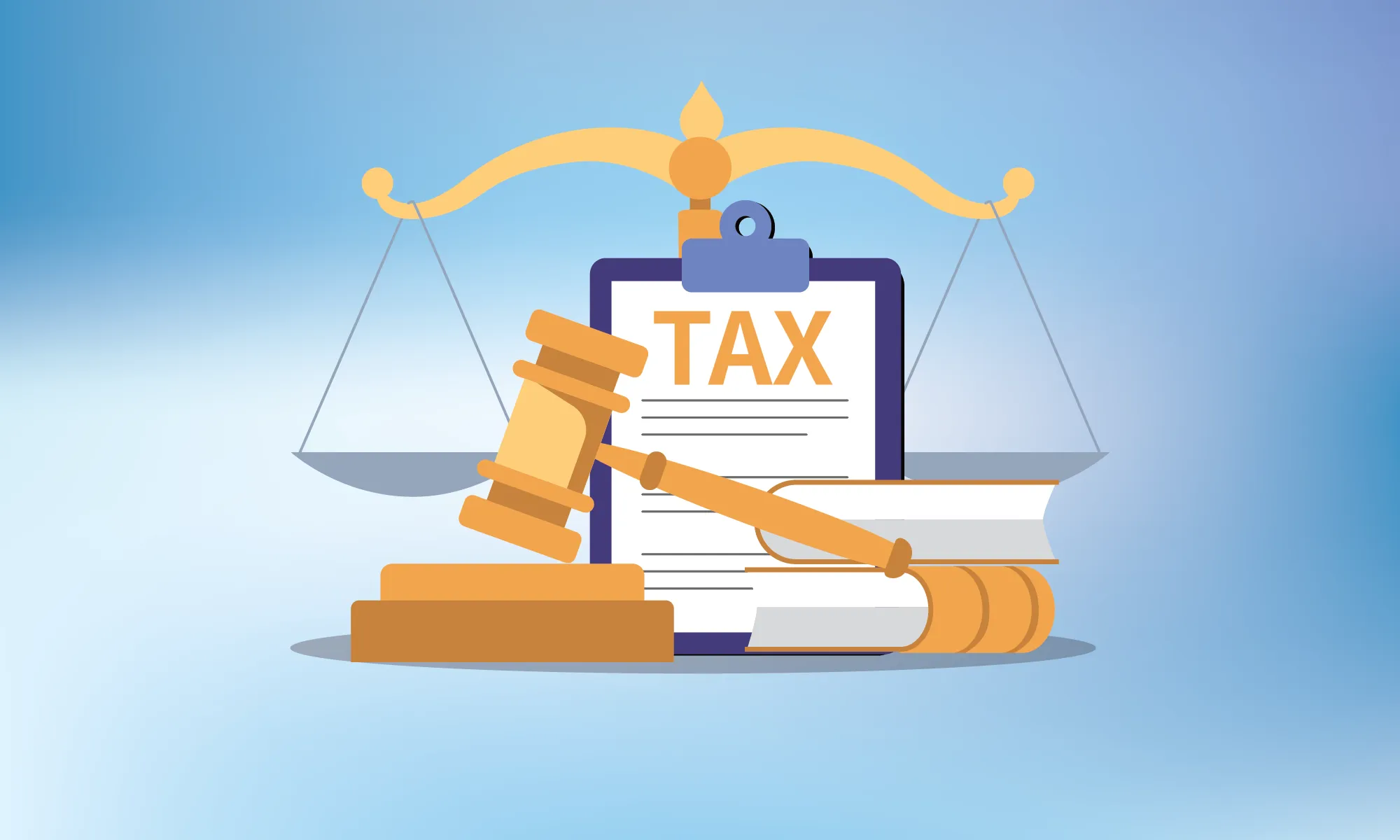If you’re an online course creator, you need to know what digital taxes you need to pay. In this article, we’ll look at consumption taxes on digital products and services, and how they affect you.
The factors determining whether digital taxes apply
There are a few factors that determine if and which digital taxes apply to your online course, and whether you also owe GST, VAT or another consumption tax.
1. Location
Each country (and each state in the US) might have its specific tax rules, so you need to double-check where your students are based.
2. Streamed vs. downloaded vs. live content
In most cases, live content (Facebook lives, Zoom webinars, etc.) is not taxed as a digital service, contrary to streamed or downloadable content. Sometimes, differences in the taxation of streamed and downloadable content might exist.
3. Automated vs. interactive courses
You’ll probably need to pay digital taxes if you’re making fully automated courses, where your students simply watch your content. Interactive courses where you or other team members interact with your students live, or where students interact with each other, might be exempt.
4. Formal vs. informal education
Is your course a part of the curriculum for a formal degree or certification, where your students get credits for completing it? If that’s the case, it might be tax exempt, as it’s considered an educational service. Otherwise, it counts as a digital service and will probably be subject to a digital tax.
5. Physical materials vs. digital only
Are there any physical materials that you’re giving or selling along with the course? These might be subject to an additional tax.
Online courses’ taxes in different countries
Let’s now look at how different countries tax online courses.
The US
US taxes on digital goods and services are complicated. If you have students in the States, you might need to check taxes on a state-by-state basis. An online course platform might stream this process. There’s a Streamlined Sales and Use Tax Agreement (SSUTA) signed by 24 states, where the same rules apply. There are some types of courses which are exempt from a digital tax:
- Live courses
- Interactive courses
- Human-graded courses
To be tax exempt as per the SSUTA, you need to meet one of these criteria. For the other US states, you’ll still need to check what your specific obligations are.
The EU
Rules for digital taxes are the same across the Union, which makes them simpler. In a way, they’re similar to the SSUTA rules. Live, interactive courses, or courses that give your students credits towards a formal educational program, are exempt from a digital tax. Automated pre-recorded courses are subject to a digital tax. You might, however, need to pay VAT, so make sure to check this with a tax professional.
Australia and New Zealand
All webinars and online courses are subject to a sales tax (GST) in Australia, including live courses. However, you have a relatively high annual sales threshold of AUD $75,000 under which you don’t owe taxes. In New Zealand, the rules are similar, and the threshold is NZD $60,000.
Platforms for online courses
Some platforms for online courses might help you handle taxes on your online courses, to an extent.
Teachable and Udemy can handle your taxes in some countries, although for the US, you’d still need to handle state-level taxes yourself.
On Skillshare, Kajabi, Thinkific and Mighty Networks, you’d need to take care of your taxes on your own.
How can Fonoa help?
The Fonoa Tax engine automatically determines the correct tax treatment for sales transactions anywhere in the world. After you provide minimal transaction data input, the tax engine will determine if the transaction is taxable, what tax rate applies, and the amount of tax that you need to charge for that transaction.















